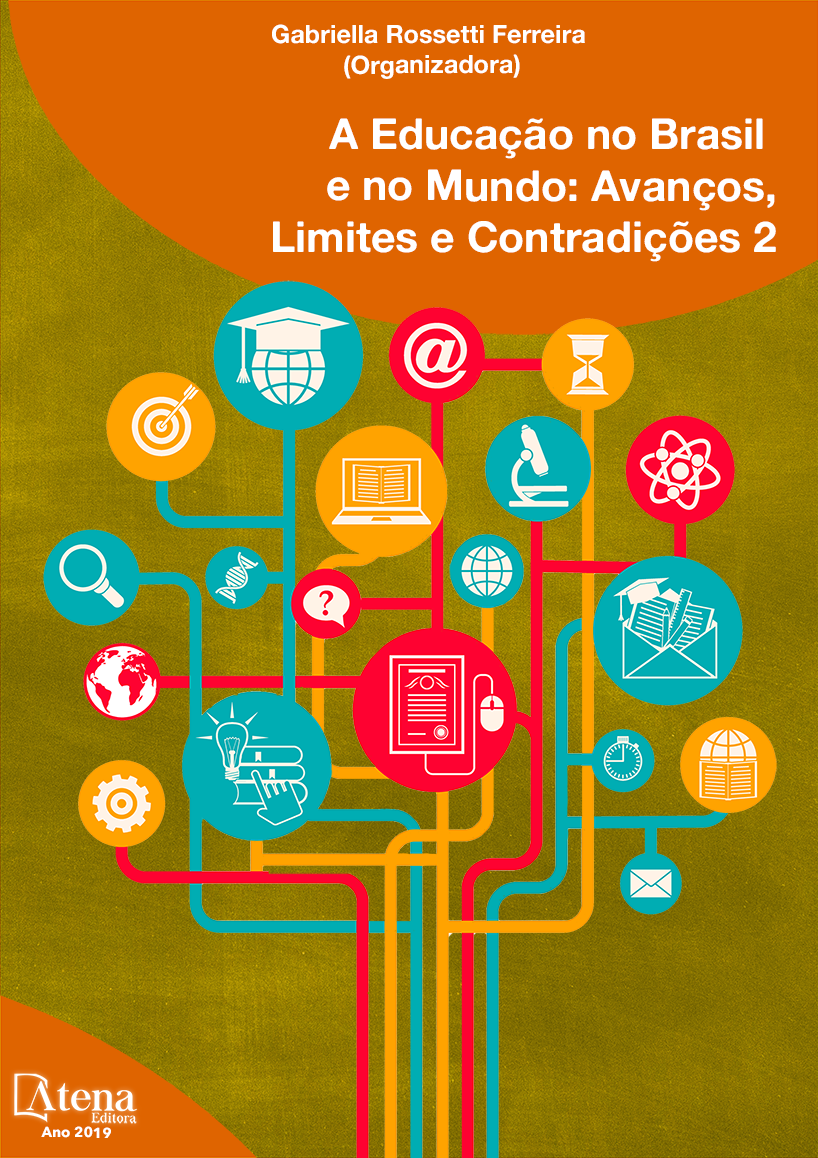
RELAÇÕES ÉTNICO-RACIAIS E EDUCAÇÃO INFANTIL: PRÁTICAS PARA UMA EDUCAÇÃO INCLUSIVA
O presente artigo tem como objetivo
discutir sobre a relevância de uma educação
que valorize as questões étnico-raciais no
cotidiano escolar, através de práticas lúdicas,
que promovam o respeito às diferenças, bem
como, a autoafirmação das crianças negras
presentes na educação infantil, esta modalidade
de ensino atente a crianças de zero a cinco anos
de idade, sendo a primeira etapa da educação
básica. O interesse pelo tema nasce a partir das
inquietações a respeito do preconceito presente
na educação infantil e do não reconhecimento
das crianças negras de sua própria identidade.
Propõe se que as histórias sejam um dos meios
para se trabalhar as questões étnico-raciais
com os pequenos, pois, o contato direto com
a literatura, é um meio lúdico que possibilita a
criança das turmas de educação infantil, uma
base inicial para construção da sua identidade
oferecendo a estas um conhecimento sobre
o mundo de forma ilustrada, dinâmica e
significativa.
RELAÇÕES ÉTNICO-RACIAIS E EDUCAÇÃO INFANTIL: PRÁTICAS PARA UMA EDUCAÇÃO INCLUSIVA
-
DOI: 10.22533/at.ed.80119110716
-
Palavras-chave: 1- Educação Infantil; 2- Ludicidade; 3- Questões étnico-raciais.
-
Keywords: 1- Child Education, 2- Ludic, 3- Ethnic-racial questions.
-
Abstract:
This article has the objective to
discuss about the relevancy of an education
that shows the racial and ethnic value’s in
the schoolar routine, thought ludic practices,
that promote the difference’s respect as self
affirmation from black children on the child
education; this teaching modality attends
children from zero to five years old, being in
the first basic education level. The interest in
the theme started from the prejudice present
in the child education and in the fact that some
black children don’t recognize themselves
identities. The proposition is that the stories can
become one of the ways to work with ethnicracial
questions with them, because the contact
with literature is a ludic path that make possible
the construction of their real identities at child
education classes, offering them a knowledge
about the world in a illustrated, dinamic and
significantly way.
-
Número de páginas: 15
- Rayane da Cruz Silva
- Simone Regina Silva d`Almeida
- Maria Aparecida


